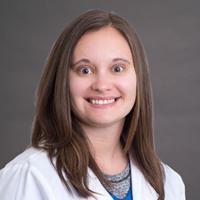Cardiopulmonary & Cardiothoracic
Adena’s Cardiopulmonary Department is part of the Heart & Vascular Center. Our team is responsible for performing tests to help diagnose (and sometimes treat) a wide range of heart, vascular, and lung conditions.
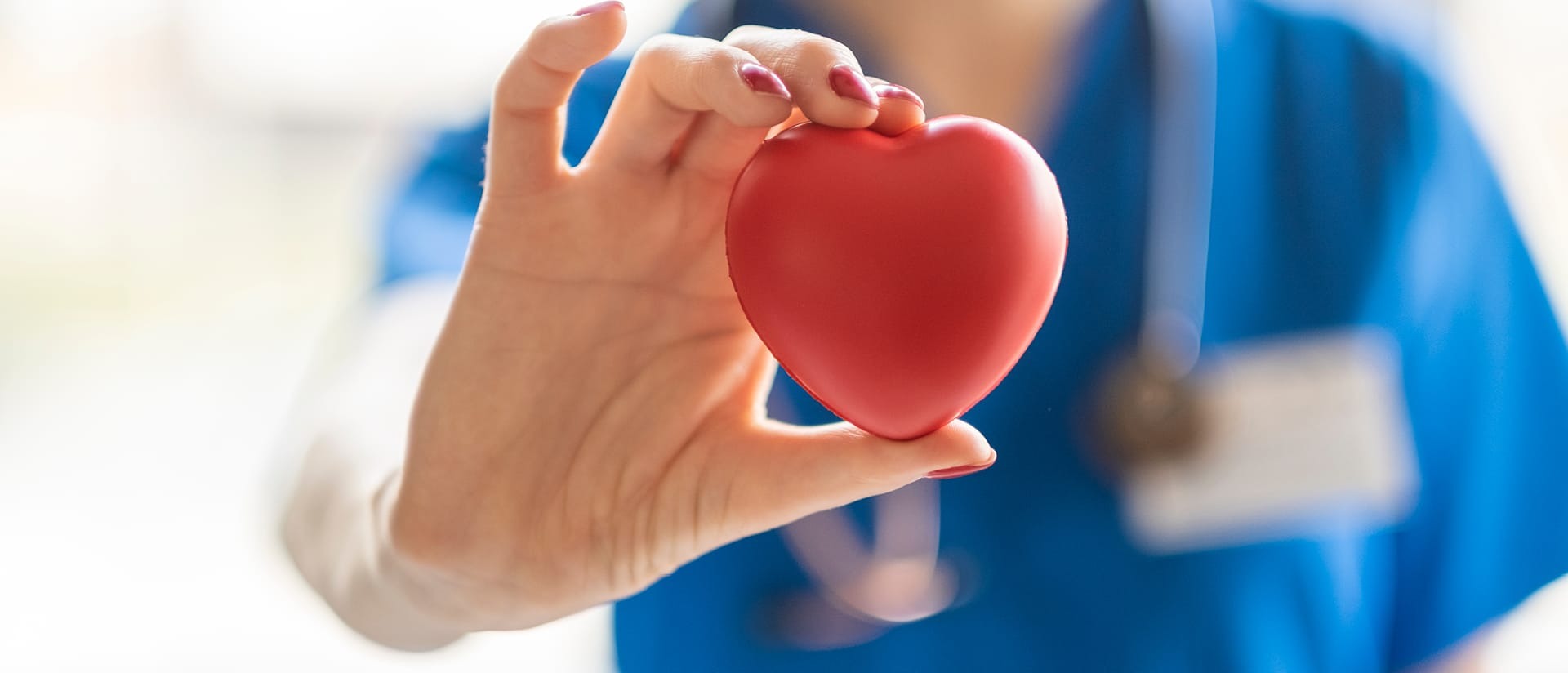
Why Choose Adena Cardiopulmonary & Cardiothoracic Services?
Adena Cardiopulmonary & Cardiothoracic Services stand as a beacon of excellence in heart and lung care. Our team, backed by state-of-the-art technology, is committed to ensuring that every patient receives tailored, high-quality treatment options. Our association with leading professionals and adoption of the latest medical advancements demonstrates our dedication to placing patient well-being at the forefront of everything we do.
Our approach prioritizes a blend of innovative techniques and patient-centric care. From the initial consultation to post-procedure follow-up, our dedicated specialists are with you at every step, ensuring that your journey to better health is smooth, informed, and effective. Choose Adena for a cardiac experience that prioritizes your unique needs and aims for exceptional outcomes.
Screening, Diagnosis & Prevention Procedures
Stress Testing:
Ensure you wear comfortable attire and walking shoes for the test. Your physician will guide you on dietary restrictions before the test and if there's a need to pause any medicines. It's essential to inform your doctor about every medication you're on, whether prescribed or over-the-counter.
- Treadmill Test: This evaluates if your heart receives sufficient blood. You'll walk on a treadmill while your heart's activity is monitored for any abnormalities.
- Dobutamine or Adenosine Stress Test: For those who can't walk on a treadmill, this test administers a drug to simulate exercise-induced heart behavior, enabling doctors to assess heart performance under stress.
- Stress Echocardiogram: Also termed as "echo", it employs ultrasound to monitor your heart's pumping efficiency and blood intake. Typically, you'll undergo an initial test at rest and another after walking on a treadmill.
- Nuclear Stress Test: A minimal radioactive substance is injected, and a camera tracks the emitted rays, displaying your heart's image. This helps in evaluating if the heart gets adequate blood, both at rest and post-exercise.
Heart and Vascular Ultrasound:
Wear a loose-collared shirt and avoid long earrings or necklaces. This ultrasound uses sound waves to produce heart images. It's instrumental in evaluating the heart's health, examining arteries and veins for proper blood flow, and detecting issues like blocked arteries, heart failure, and valve problems.
Pulmonary Function Testing (Spirometry Test):
Refrain from heavy meals and smoking 4-6 hours prior. Consult with your doctor about inhaler medications. This test, used to diagnose conditions like asthma and bronchitis, measures the volume and speed of your exhaled air, assisting in pinpointing the cause of breathlessness.
Services and Treatments
Our Cardiopulmonary Department offers the following treatments:
- Coronary artery bypass grafting
- Valve repair or replacement
- Thoracoscopy and Thoracotomy
- Lung biopsy and resection
- Mediastinoscopy
- Pacemaker insertions
- Bronchoscopy
- Endovascular thoracic aneurysm repair
Cardiac Catheterization
Cardiac catheterization is a diagnostic and occasionally therapeutic procedure for various heart conditions. In this procedure, a long, slender tube called a catheter is navigated through a blood vessel, from areas such as the arm, neck, or groin, directly into the heart.
A common diagnostic application during catheterization is coronary angiography. Here, a dye is injected via the catheter, enabling clearer visualization of the coronary arteries using X-ray imaging. This highlights areas where plaque, which can impede blood flow and is a forewarning sign of coronary heart disease, has accumulated. If obstructions are detected, cardiologists may opt to insert a stent, designed to expand the artery, ensuring efficient blood flow to the heart.
In hospitals, these procedures are typically overseen by cardiologists. They can also leverage ultrasound techniques to get a clearer view of the heart's vessels. Furthermore, during the catheterization, a biopsy might be conducted where a heart muscle sample is extracted for additional diagnostic examinations.
Our Providers
View AllAnil Verma, MD
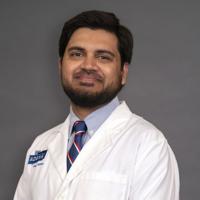
Hafeez Hassan, MD
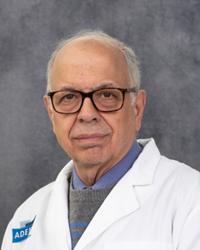
Mark Tawil, MD
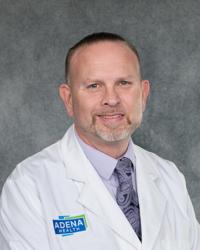
Paul Adkins, CNP
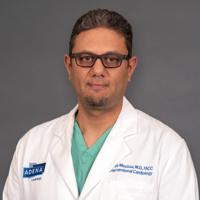
Tarek Moussa, MD

Jianbin Shen, MD

Binnie Desai, MD
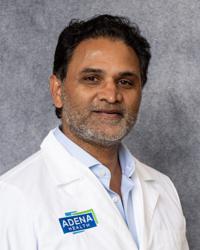
Vikram Rao, MD

Kendra Allen, CNP
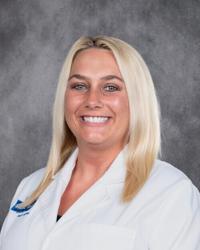
Rachel Ball, CNP

Jamie Fyffe, CNP
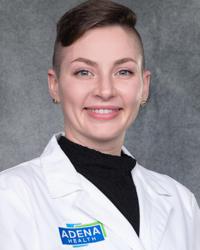
Julie Ross, CNP
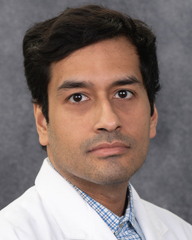
Rahul Kar, MD
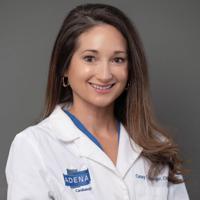
Casey Clevenger, CNP
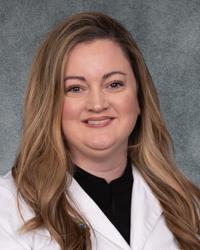
Emily Lightle, CNP
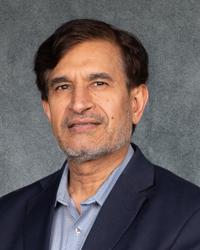
Mujtaba Khan, MD
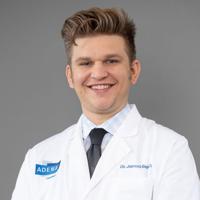
Jarrod Betz, MD
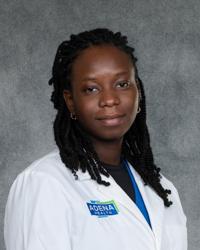
Joyce Attey, CNP

Debra King, CNP
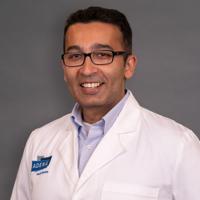
Bharat Marwaha, MD
